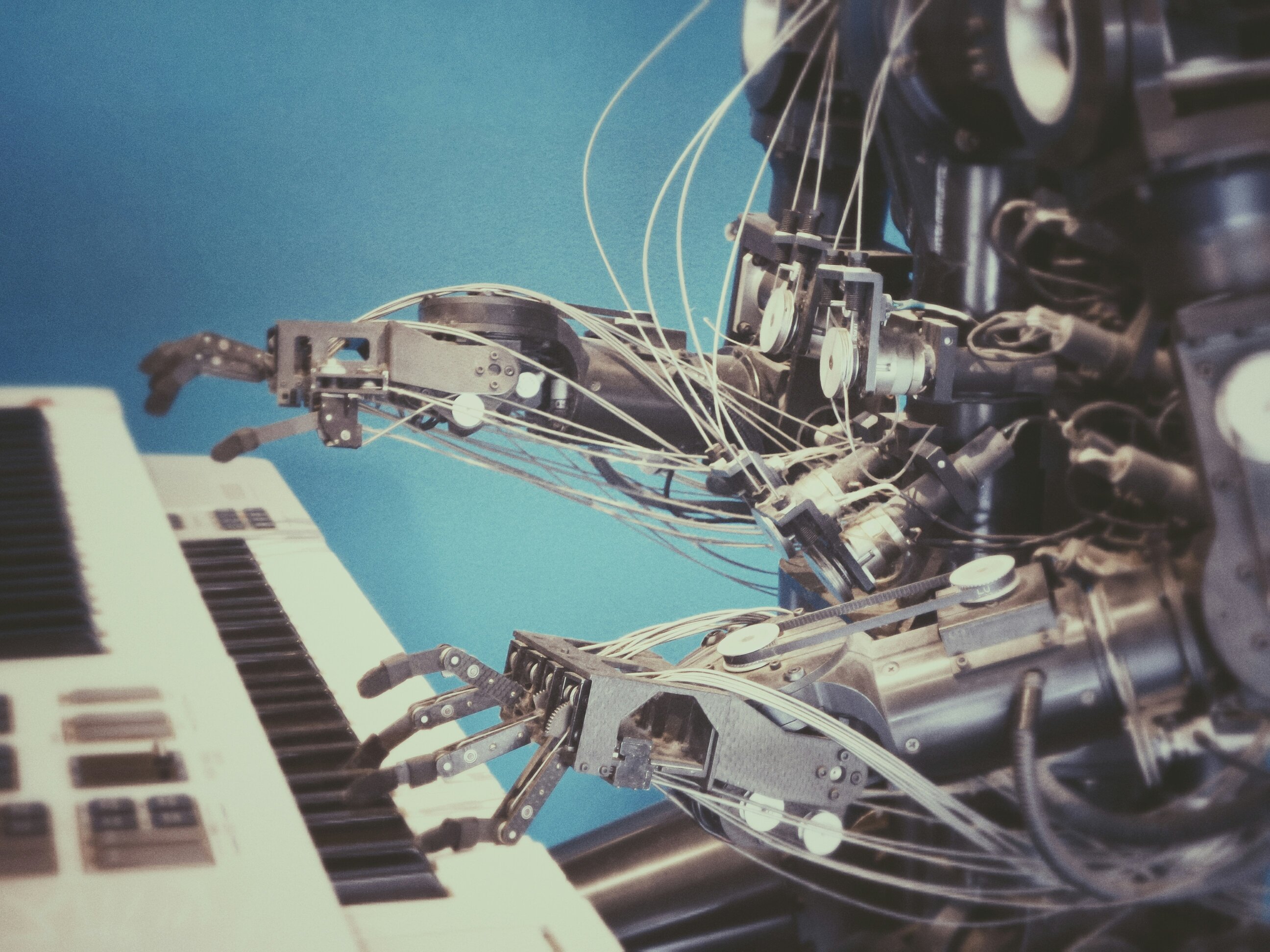SoundExchange is planning an AI music registry to protect rightsholders
SoundExchange has announced plans for a registry of AI-authorised tracks, but has that ship already sailed?
SoundExchange President & CEO Michael Huppe revealed that the company plans to develop a huge AI sound recordings registry. The intention is to make it simpler for AI training to only use music where rightsholders have given permission, but is it too little too late?
Both Sony Music and WMG declared that they are publicly reserving their rights when it comes to AI training. With two massive players in the industry opting out of unlicensed training, we can see that there is a need to make this opting out available on a larger scale to more rightsholders.
The new register will enable creators and rightsholders to protect their rights against AI training models, meaning they can stop their work being used to train AI music creation tools like Suno and Udio, for example. While US law does not require such a registry in order for creators’ rights to be protected, this registry could streamline the process. AI tools will have an easier job of handling their training data and avoid ruffling any more feathers.
The registry is effectively a development of SoundExchange’s existing system dedicated to the distributions and collection of recording royalties. Utilising the company’s comprehensive international standard recording code (ISRC) database, the system will ensure appropriate permissions are in place before AI models capitalise on others’ intellectual property.
“The rapid proliferation of companies building and leveraging AI music models demands creators have an ability to declare easily whether or not they want their work used in that process,” said Michael Huppe. “We see this as another opportunity to bridge the information gap while keeping control in the hands of the creators and rights owners and providing AI companies with a centralized resource for researching consent.”
Rightsholders and creators would still also have the ability to reserve their rights in regards to individual AI companies as well. SoundExchange’s registry will present an option to reserve rights in a convenient way at scale. The registry is not compulsory, and rightsholders can participate if they choose, while their rights will still be protected either way.
It’s clear that there is a need for a smoother system when it comes to giving permissions to AI companies around the training of their models on others’ music. Moves have already been made towards achieving this, with YouTube integrating AI content management tools into its creator tools. However, has this new registry come a little too late? Lots of AI music creation tools have already been trained on swathes of music, permission or no permission. This registry may not be the master solution for all problems surrounding AI music, but it could be a step in the right direction for future cases.
As AI develops at breakneck speed, the conversation around AI training models, payment for artists whose work is used for AI training, and other relevant concerns, grows increasingly urgent. We will certainly continue to see ethical questions raised around intellectual property rights, fair compensation, and the transparency of AI’s creative processes.
